A new study by researchers at the San Francisco Federal Reserve has found that tariffs can actually lower inflation, contradicting the conventional wisdom on the impact of import taxes on prices. The study, which examined 150 years of tariffs in the U.S. and abroad, suggests that tariffs disrupt the economy and financial markets so much that the result is lower inflation.
According to the study, the researchers, Régis Barnichon and Adam Guren, found that tariffs can reduce inflation by disrupting the economy and causing a decline in employment and economic activity. The study analyzed data from the U.S. and other countries, including the U.K. and Canada, and found that tariffs have a significant impact on the economy, particularly in the short term.
The study's findings are significant, given the growing backlash against President Donald Trump's tariffs, which have been implemented in recent months. The tariffs have been criticized for causing higher prices for consumers, particularly for food, utilities, and insurance. However, the study suggests that the tariffs may actually have a positive impact on inflation, at least in the short term.
The study found that tariffs can reduce inflation by 0.5 to 1.5 percentage points in the first year after implementation, and by 1 to 2 percentage points in the second year. The researchers also found that the impact of tariffs on inflation is greatest in countries with high levels of trade dependence, such as the U.S.
The study's findings have significant implications for policymakers, particularly in the U.S. where the Trump administration has implemented tariffs on a range of imported goods. The tariffs have been criticized for causing higher prices for consumers, but the study suggests that they may actually have a positive impact on inflation.
The study's findings also have implications for companies that import goods, particularly those in the manufacturing sector. Companies such as General Motors, Ford, and Boeing, which rely heavily on imported components, may see a reduction in inflation as a result of the tariffs.
However, the study's findings also highlight the potential risks of tariffs, particularly in the long term. The tariffs can disrupt supply chains and cause a decline in economic activity, which can have negative impacts on employment and economic growth.
In the long term, the study suggests that tariffs can have a negative impact on the economy, particularly if they are implemented for an extended period. The researchers found that tariffs can reduce economic growth by 0.5 to 1.5 percentage points in the first year after implementation, and by 1 to 2 percentage points in the second year.
Overall, the study's findings suggest that tariffs can have a complex impact on the economy, and that their effects can vary depending on the specific circumstances. Policymakers and companies will need to carefully consider the potential impacts of tariffs on inflation and economic growth when making decisions about trade policy.
In terms of market impact, the study's findings are likely to be closely watched by investors and analysts, particularly in the U.S. where the Trump administration has implemented tariffs on a range of imported goods. The study's findings could potentially lead to a re-evaluation of the impact of tariffs on inflation and economic growth, which could have significant implications for the stock market and the overall economy.
The study's findings also highlight the need for policymakers to carefully consider the potential impacts of tariffs on the economy, particularly in the long term. The researchers found that tariffs can have a negative impact on economic growth and employment, particularly if they are implemented for an extended period.
In conclusion, the study's findings suggest that tariffs can have a complex impact on the economy, and that their effects can vary depending on the specific circumstances. Policymakers and companies will need to carefully consider the potential impacts of tariffs on inflation and economic growth when making decisions about trade policy.
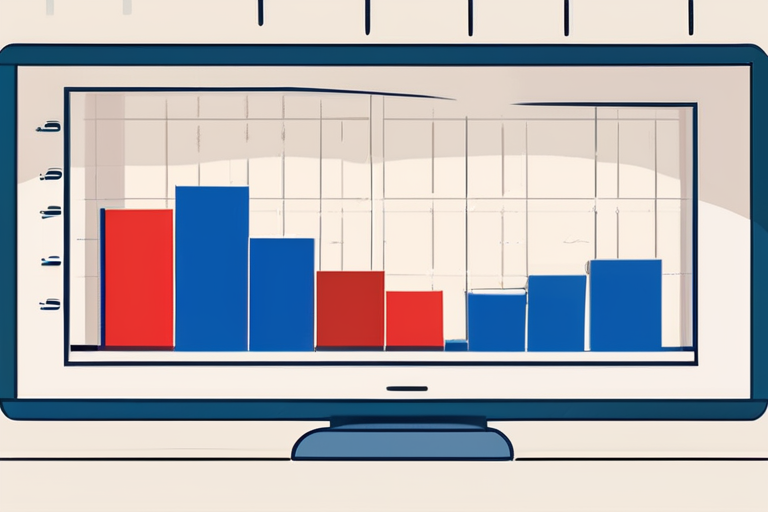


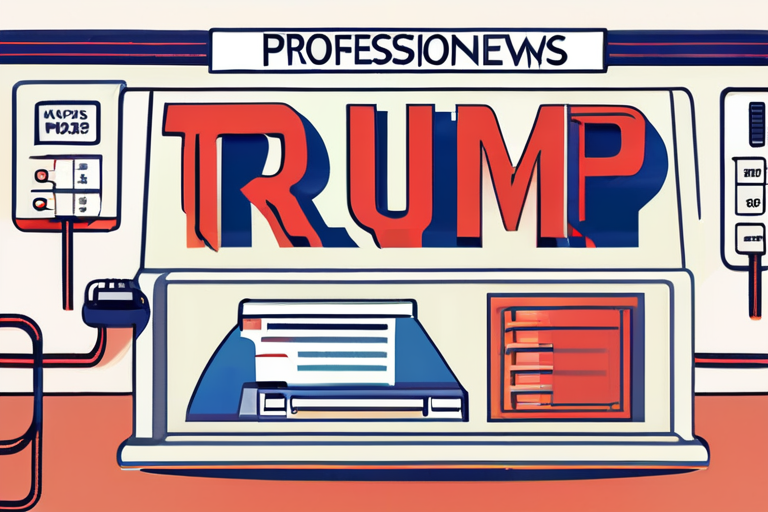
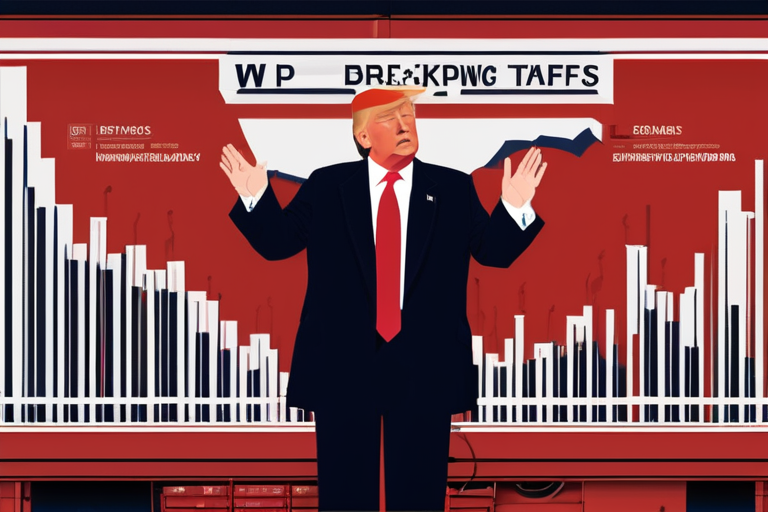

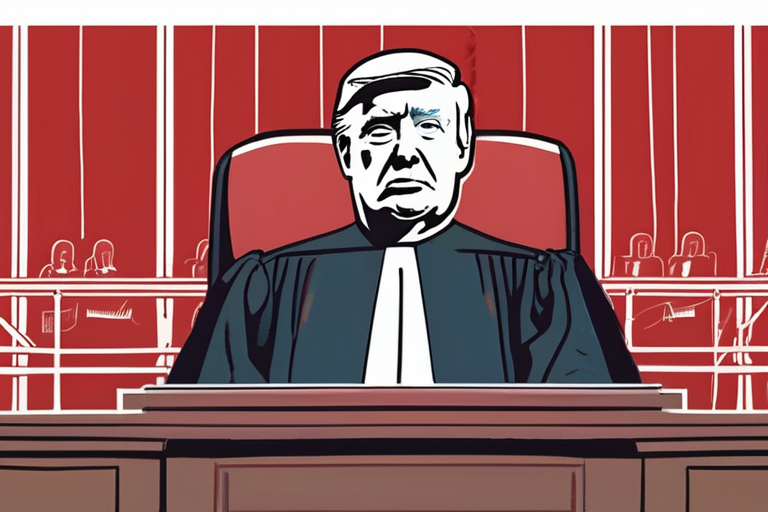
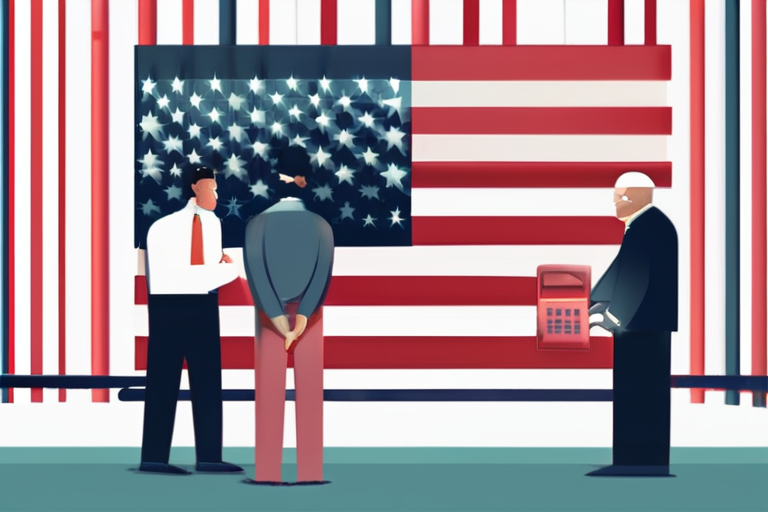
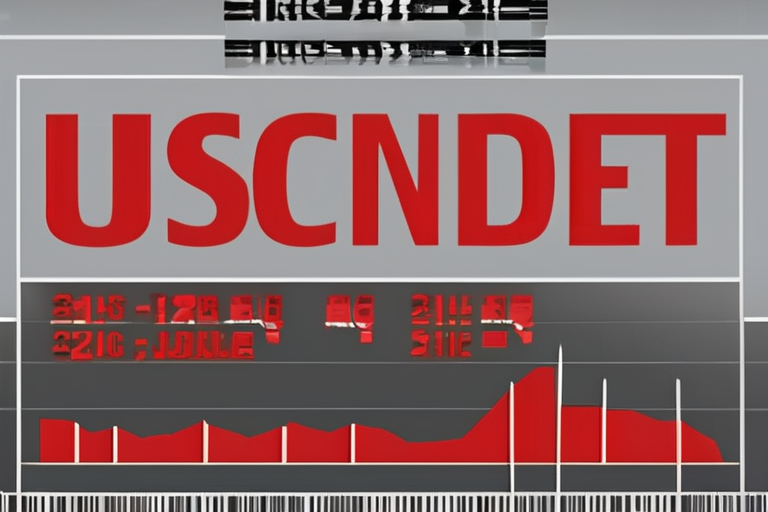
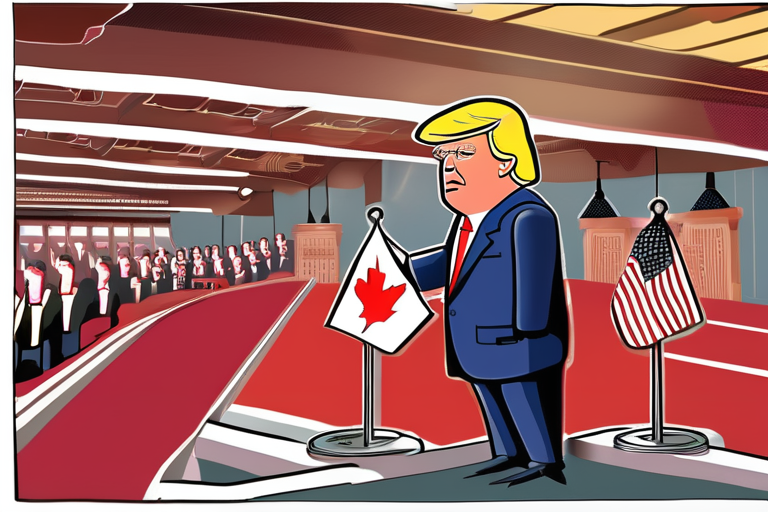

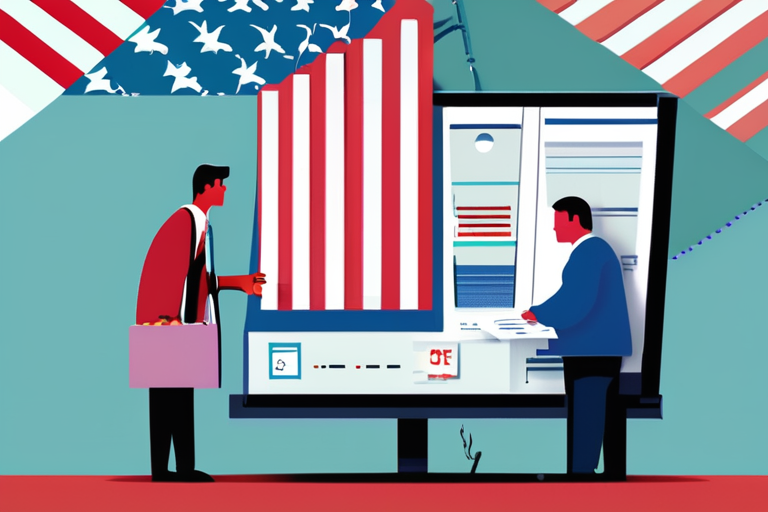
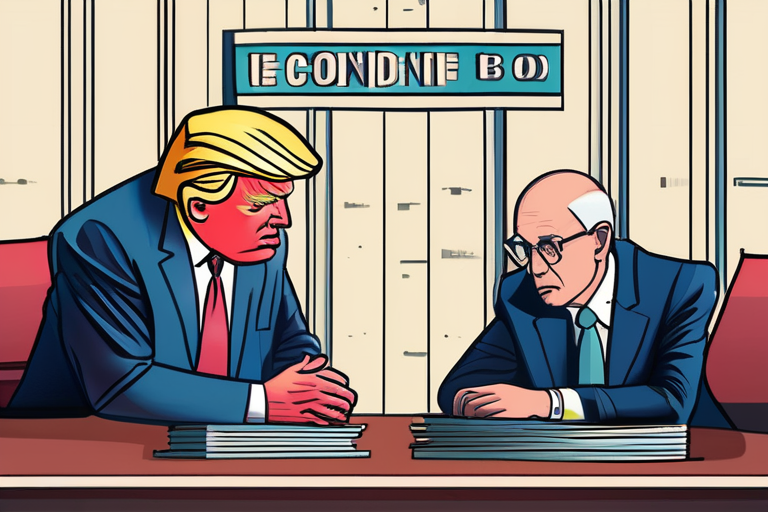

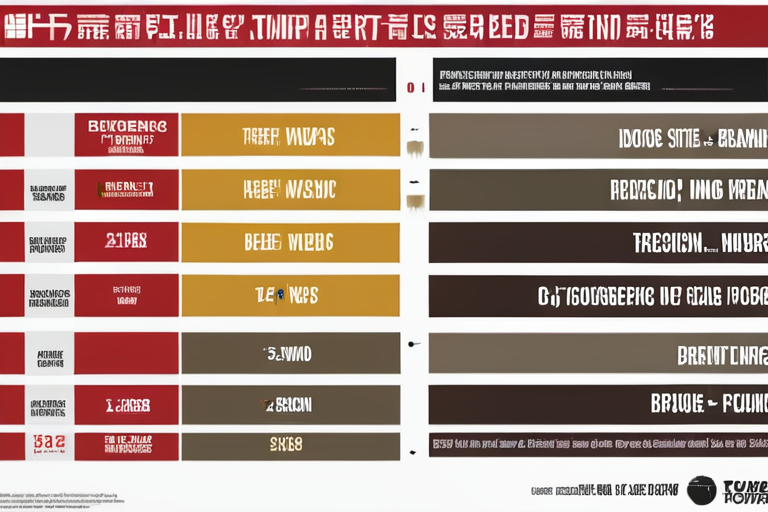
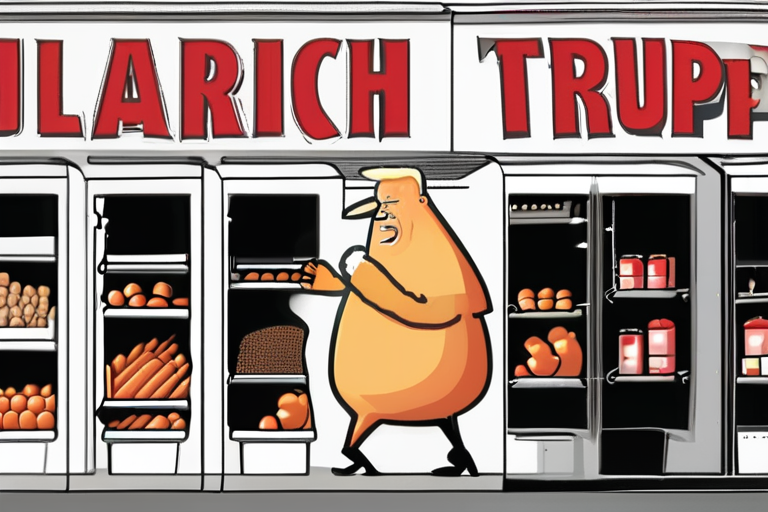



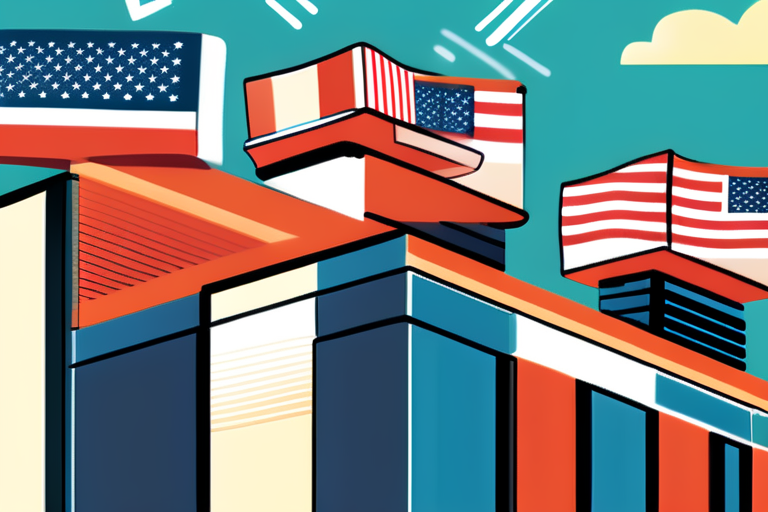
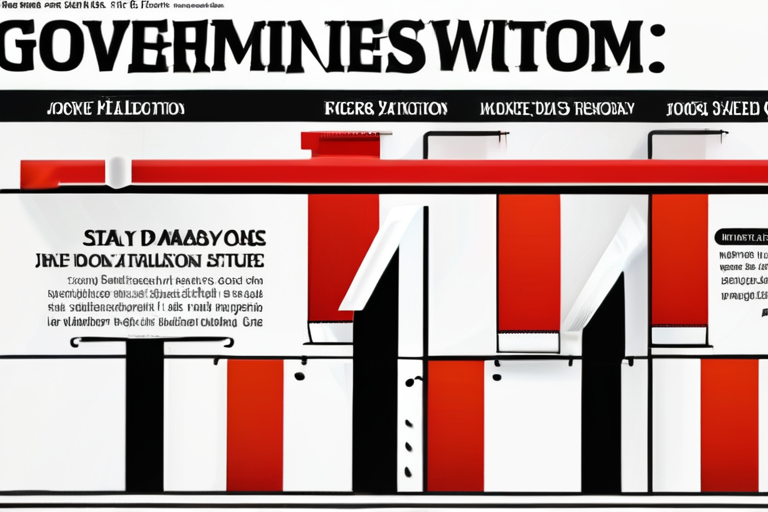

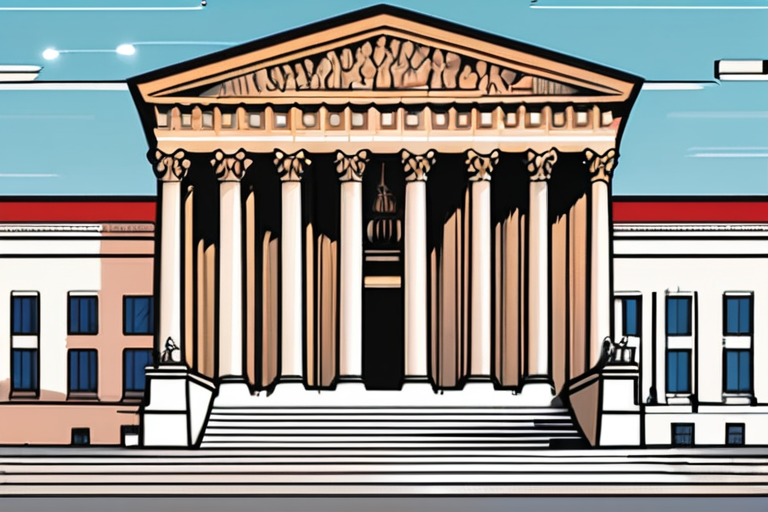
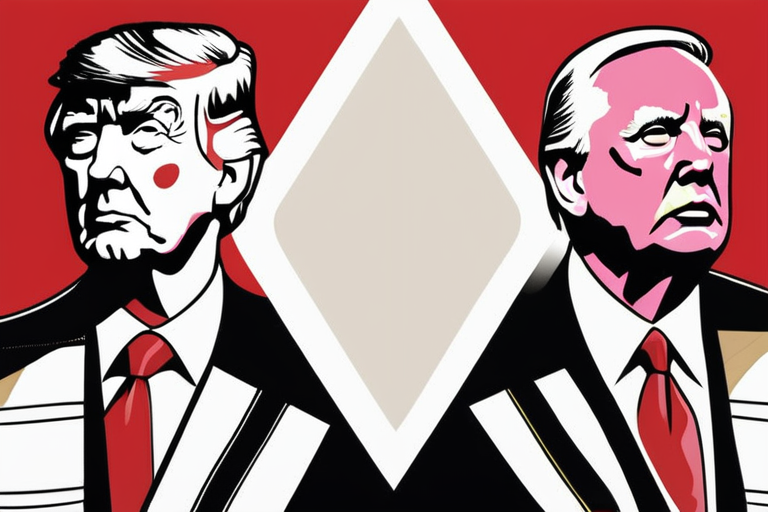
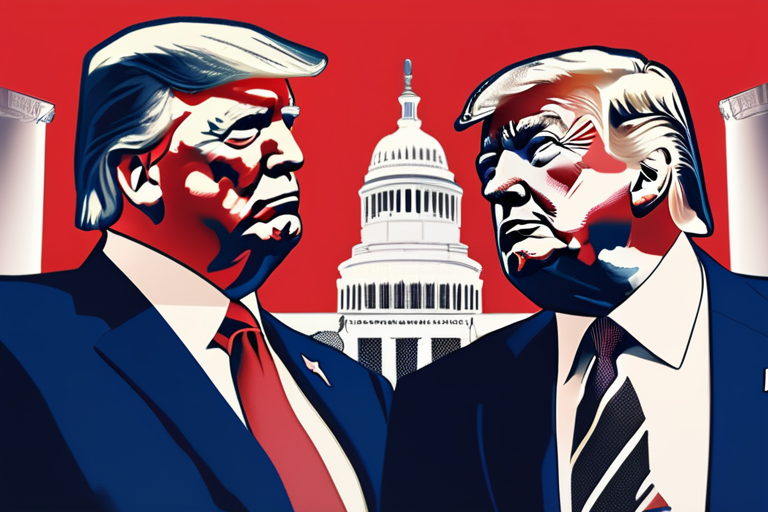
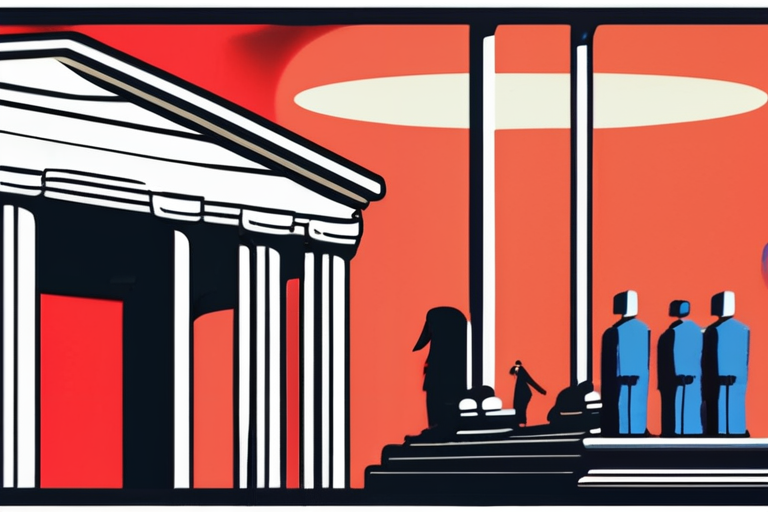
Share & Engage Share
Share this article